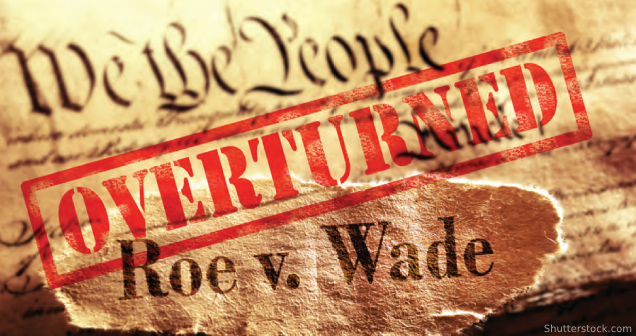
An excerpt from our Medical Editor in Chief Dr. Cedric Dark : As you read our August issue, may also notice a theme emerging from some of the other pieces in this issue: they touch on controversial issues. This is both a symptom and side-effect of our current social, political, and professional climate. The topics discussed in this issue are meant to highlight the work, and the worries, of our profession. No matter which side you take, each topic affects us all professionally and personally. Our diversity of experience and opinion is what makes emergency medicine, the American College of Emergency Physicians, and America itself enriching. I hope that you will enjoy reading this issue, and most of all, learn something new from what you find inside.
Explore This Issue
ACEP Now: Vol 41 – No 08 – August 2022With Roe v. Wade overturned by the recent Dobbs v. Jackson Women’s Health Organization Supreme Court decision, emergency physicians willsee an increase in patients seeking care after a self-managed abortion.1 The primary risk of most self-managed abortion is not medical but legal. Self-managed abortion is a crime in three states (Nevada, Oklahoma, and South Carolina), but the lack of an explicit crime in other state codes does not stop overzealous law enforcement actors from unlawfully arresting, charging, and imprisoning individuals for allegedly self-managing their own abortion care.2 Criminalization of self-managed abortion falls most heavily on people who are already part of communities facing increased surveillance by law enforcement, namely, people with low incomes and people of color. Emergency physicians should be aware of first amendment protections for speech about self-managed abortion; legal protections for post-abortion care; the potential conflicts of state law with federal laws like HIPAA and EMTALA; the harm that can be caused by reporting self-managed abortion to law enforcement; as well as the risks of and protections against patient criminalization.
The First Amendment protects your right to give medical and legal information about self-managed abortion, but not necessarily medical and legal advice.
The First Amendment protects the right to freely share information with one another. However, those protections do not extend to aiding or facilitating a criminal action. Regardless of its legality, counseling a patient about safe methods of self-managed abortion is a harm reduction practice and something that emergency physicians can participate in without obvious legal risk. Similarly, sharing resources about self-managed abortion, such as abortionpillinfo.org, and about the legal risks of self-managed abortion, such as reprolegalhelpline.org, is a harm-reduction practice that falls within the confines of First Amendment protected speech as of this writing. Though these activities are protected by current First Amendment law, this does not account for hospital administrators or other hospital policies that may conflict with the law and stifle your ability to speak to your patients about their reproductive health. That said, it is legally riskier for emergency physicians to share sources of abortion pills, or otherwise direct patients as to how they can access methods of self-management, as this may be seen as facilitating a criminal act depending on state laws.
Pages: 1 2 3 | Single Page





No Responses to “Self-Managed Abortion: Legal Considerations for Emergency Physicians”